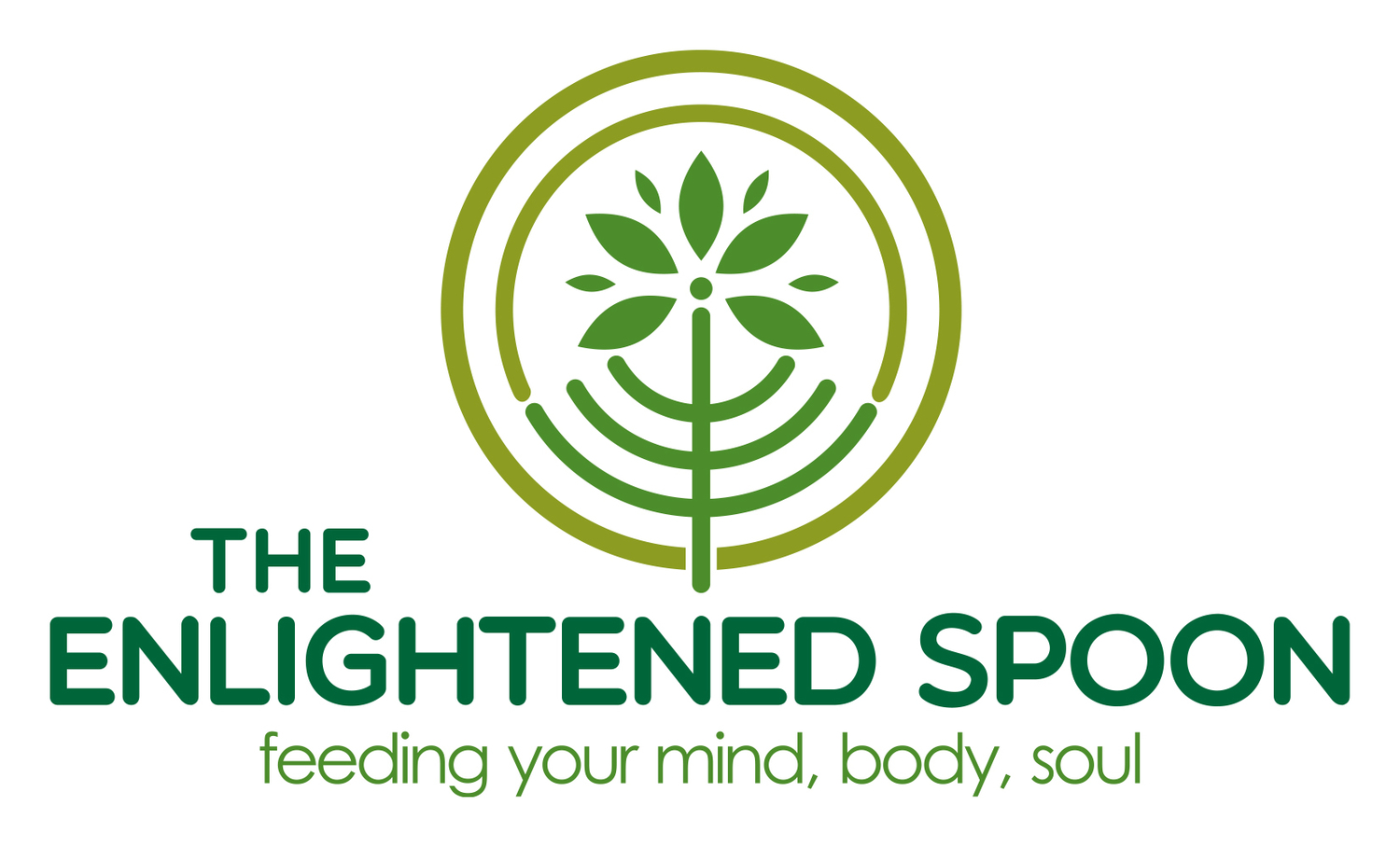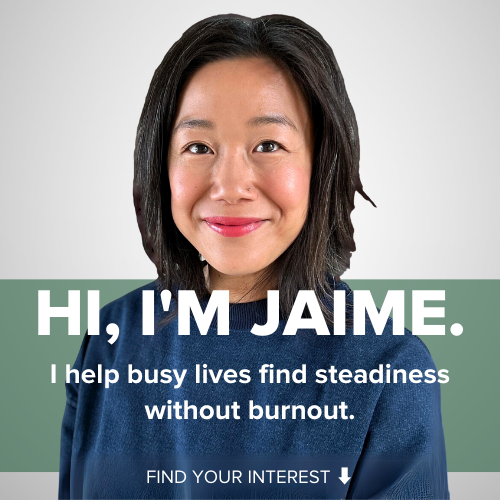Sleep Series, Part 2 - Best Foods for a Better Night's Sleep
/Welcome to Part 2 of my 5-part series on how to get a better night’s sleep.
In Part 2, we’ll talk about the different foods you can eat to help give you better sleep and prevent insomnia.
Check back for the other 4 parts which will cover the following:
Part 3: Foods that hinder sleep.
Part 4: Natural supplements that help sleep.
Part 5: Guided meditations that help sleep.
Before getting into the foods that can help with sleep, it’s first important to acknowledge the various causes of sleeplessness and insomnia.
Causes of Sleeplessness:
Some of the common causes of sleeplessness:
Stress and anxiety
Shift work
Noise disturbance
Babies and children
Restless legs syndrome
Technology
Travel/ Jetlag
Bed partner (eg. snoring)
Medications/ drugs
Alcohol
Allergies
Chronic pain
Big meals close to bedtime
Because the root cause can be so different, the way to help your insomnia if it’s stress-related, could be quite different from the way someone else with travel-related jetlag deals with their insomnia.
The food recommendations to help sleep are ones that help increase melatonin, as well as ones that help you manage stress and anxiety.
What is Melatonin?
Melatonin is a hormone made by your brain in the pineal gland. It helps your body regulate its internal clock - the sleep/ wake cycles. This is also called your “circadian rhythm”.
Melatonin tends to increase when the sun sets, from mid - late evening, stays elevated throughout the night (if you don’t turn the lights on), then drops in the early morning once the sun rises and it gets light again.
If you’re a shift worker (irregular work start times/ working at night and sleeping in the day), or a frequent traveler crossing timezones, it’s important to help rebalance your melatonin levels.
Eating melatonin-containing foods can help, and also foods that contain the building blocks to make melatonin.
What does this mean?
How Melatonin is Made
Without getting too nerdy on you, the protein L-tryptophan is one of the precursors, or building blocks, to making serotonin, a neurotransmitter, which is a precursor to making the hormone melatonin. The pathway kind of (extremely simply) looks like this:
Tryptophan (amino acid/ protein) >> Serotonin (neurotransmitter) >> Melatonin (hormone)
Eating foods high in tryptophan can help your body convert it to serotonin, and then to melatonin.
Unfortunately, serotonin (5-HTP) is a neurotransmitter largely produced in your gut and not available in food form. (But you can take serotonin in supplement form, see Part 4 of this series).
Nutrients For Better Sleep:
Having understood the above, let’s explore the nutrients important for sleep, before getting into which foods contain them.
Melatonin + Tryptophan-Rich Foods
Foods high in melatonin and tryptophan to help induce sleep are best eaten 2 - 3 hours before bedtime.
Also, most protein-rich foods would contain a high tryptophan level. So when in doubt, reach for something high in protein.
Vitamin B6 Foods
Vitamin B6 helps convert tryptophan to melatonin, so eating these foods along with tryptophan-rich foods can help.
Magnesium-Rich Foods
Magnesium is a mineral that’s not only a powerful relaxant, but it also helps deactivate adrenaline. So if you’re particularly stressed, anxious, or have sleep issues due to stress, increasing magnesium-rich foods can help.
The following foods are all great for inducing sleep and are high in a combination of tryptophan, vitamin B6 and magnesium.
Nuts and Seeds
1. Almonds
2. Sunflower seeds
3. Sesame seeds/ Tahini
4. Pumpkin seeds.
Beans + Pulses
5. Chickpeas
6. Lentils
7. Peanut
8. Soybean
9. Tofu
10. Tempeh
11. Beans (red/ black/ kidney/ broad/ white, etc).
Protein-Rich Animal Products
12. Fish
13. Eggs
14. Poultry
15. Red meat.
Note: it’s an urban myth that turkey is high in tryptophan. It’s got about the same amount of tryptophan as most other poultry.
Dairy
16. Cottage cheese
17. Yogurt
18. Milk
Fruit
19. Cherries. In particular, sour cherries are high in melatonin. You can take it (unsweetened) as a juice nightcap, or in smoothies before bedtime.
20. Bananas. They’re high in tryptophan, making them a better option than a donut before bedtime. ;)
Grains
21. Quinoa
22. Buckwheat
23. Oats
Seaweed
24. Spirulina
25. Dulse
26. Kelp
All high in tryptophan, but also high in magnesium, which helps with relaxation, helping to reduce stress and anxiety.
Calming Herbs
These herbs have a strong sedating effect, to help promote calm before bedtime. They can also be taken as tea tinctures:
27. Camomile
28. Valerian
29. Passionflower
30. Lavender
Sleep-Inducing Snack Ideas:
So the next time it’s time for bed and you’re feeling peckish, don’t raid the kitchen for sugar-laden snacks.
Some ideas for how to combine the above suggestions into pre-sleep or sleep-inducing snacks:
Half a banana with a handful of almonds.
2 - 3 Buckwheat crackers with a spoonful of peanut butter.
½ cup Paleo granola with almond milk
Shot of unsweetened sour cherry juice.
Cup of warm herbal tea (camomile/ valerian)
Use Multiple Approaches
Food alone may not help improve your sleep. A “multiple ways” approach using all the tools and practices in this sleep series would likely bring about a higher sleep success rate.
As everyone works differently, try as many of these recommendations as you can until you find something that works for you. Also know that what could work for you today may not work for you another day, since so much depends on other external factors happening in your life at the time.
Make A Plan
What can help is the next time you find yourself going through a busy period and sleeplessness hits, pick just ONE thing you’ll do from this list or from Part 1 every night… and by the end of a work-week, you would have 5 new and different things you would have put into practice to help you get a better night’s sleep.
Sleep Meditation Recording
I’ve recorded a handy sleep meditation for you… it’s about 12 minutes in length. Download it here and put it on as you drift off to sleep:
Stay tuned next week for my Sleep Series - Part 3 on the foods that can hinder you from getting a good night’s sleep.
Enjoyed these tips? Join loads of other busy high achievers who get 5 easy tips from me every month about how to stay fit, healthy and happy when you’re on a time-crunch. It’s my 5 Good Things To Share! Click below to get it.
You might also be interested in these previous articles:












